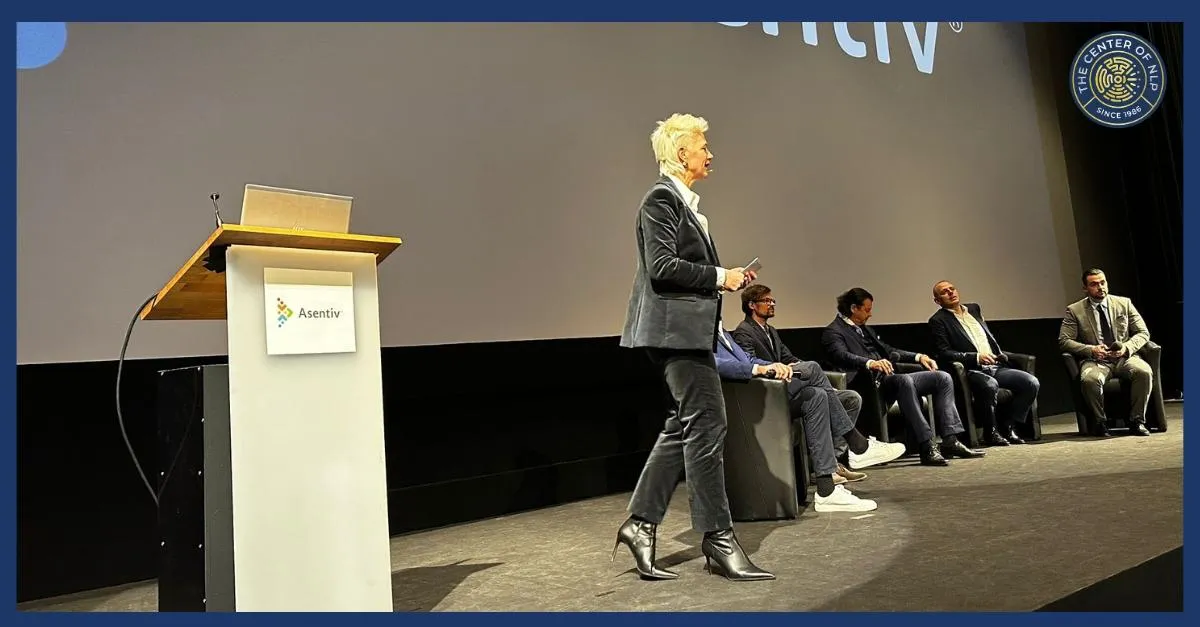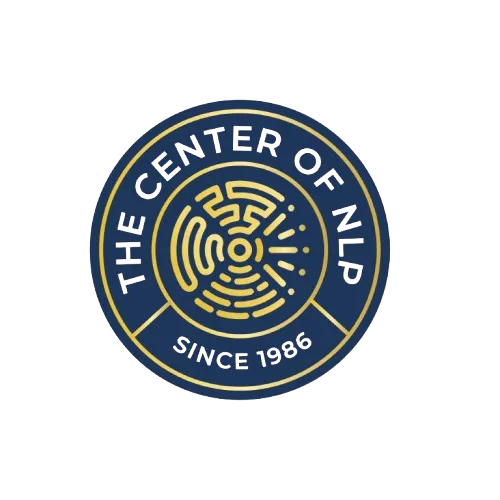
How to Advance Your NLP Coaching Career Development
When you decide to pursue a career as a Neuro-Linguistic Programming (NLP) coach, you will embark on a journey that is full of promising opportunities, challenging obstacles, and enormous potential for both personal and professional development. The individuals who are interested in becoming coaches frequently find themselves at a crossroads, unsure of how to begin and how to negotiate the complexities of this ever-changing sector.
In this all-encompassing guide, we delve into the field of NLP coaching career development, providing you with insights, methods, and suggestions that you can put into practice to put you on the path to success.
NLP Coaching:
Neuro-Linguistic Programming (NLP) is a powerful approach to communication, personal development, and psychotherapy. At its core, NLP explores the relationships between how we think (neuro), how we communicate (linguistic), and patterns of behavior and emotion (programming). NLP coaching leverages these principles to help individuals overcome obstacles, achieve goals, and unleash their full potential.
Developing NLP Coaching Skills:

Mastering the art of NLP coaching requires a blend of theoretical knowledge, practical skills, and personal growth. Here are key areas to focus on:
1. Core Concepts:
Familiarize yourself with fundamental NLP principles such as rapport building, sensory acuity, and the structure of subjective experience.
2. Communication Skills:
Enhance your ability to communicate effectively, both verbally and non-verbally. Practice active listening, asking powerful questions, and giving constructive feedback.
3. Behavioral Patterns:
Study various patterns of behavior, language, and thought processes. Learn how to identify limiting beliefs, reframe perspectives, and facilitate positive change.
4. Emotional Intelligence:
Cultivate self-awareness, empathy, and emotional resilience. Explore techniques for managing emotions, building rapport, and creating a supportive coaching environment.
5. Coaching Techniques:
Experiment with a range of NLP techniques and interventions such as anchoring, reframing, timeline therapy, and parts integration. Tailor your approach to suit the unique needs and preferences of each client.
Building Your NLP Coaching Career:

Transitioning from aspiring coach to successful practitioner requires strategic planning, perseverance, and a proactive mindset. Here's how to kickstart your NLP coaching career:
1. Education and Training:
Invest in comprehensive NLP training programs, workshops, and certifications. Seek guidance from experienced mentors and practitioners in the field.
2. Specialization:
Identify niche areas or target populations for your coaching practice. Whether it's leadership development, relationship coaching, or personal transformation, carve out a unique niche that aligns with your passions and expertise.
3. Networking and Marketing:
Build a strong professional network within the NLP community and related industries. Utilize online platforms, social media, and professional associations to showcase your expertise and attract clients.
4. Continuous Learning:
Stay abreast of the latest developments and trends in NLP theory and practice. Attend conferences, seminars, and advanced training courses to deepen your knowledge and skills.
5. Client Relationships:
Prioritize building trust, rapport, and long-term relationships with your clients. Demonstrate empathy, authenticity, and commitment to their growth and well-being.
Finding Your Way Through Obstacles:
The journey of NLP coaching career development is not without its challenges. From self-doubt and imposter syndrome to client resistance and ethical dilemmas, coaches may encounter various obstacles along the way. However, with resilience, perseverance, and a growth-oriented mindset, these challenges can be overcome, ultimately strengthening your skills and character as a coach.
1. Essential NLP Coaching Skills
Mastering the core skills of Neuro-Linguistic Programming (NLP) coaching is crucial for effective client engagement and transformation. Here are key skills to focus on:
Rapport Building: Establishing a strong connection with clients based on trust, empathy, and understanding.
Active Listening: Engaging in attentive and empathetic listening to fully comprehend clients' perspectives, emotions, and needs.
Effective Communication: Using clear and concise language to convey ideas, ask probing questions, and provide feedback.
Sensory Acuity: Developing heightened awareness of verbal and non-verbal cues to assess clients' states and responses.
Anchoring Techniques: Employing techniques to associate positive emotions and behaviors with specific triggers or anchors.
Reframing Perspectives: Helping clients shift their perspectives and interpretations of situations to promote growth and resilience.
Goal Setting and Planning: Collaborating with clients to define clear goals, create action plans, and track progress toward desired outcomes.
Empowering Belief Change: Facilitating the identification and transformation of limiting beliefs and self-sabotaging patterns.
Ready to embark on your NLP coaching journey?
Take the first step towards mastering essential NLP coaching skills by enrolling in our comprehensive training program today. Start your transformational career in NLP coaching and unlock your full potential as a practitioner.
2. Navigating Client Resistance

It is a common difficulty that NLP coaches confront, and it requires effective ways to overcome barriers and support significant transformation. One of the challenges that NLP coaches experience is navigating client resistance. In order to properly overcome the reluctance of customers, here is how:
Building Trust and Rapport: Establishing a strong foundation of trust and rapport to create a safe and supportive coaching environment.
Exploring Resistance Patterns: Identifying underlying reasons for resistance, such as fear, skepticism, or past experiences.
Active Engagement and Empathy: Engaging clients in open dialogue, active listening, and empathetic understanding of their concerns and hesitations.
Reframing Resistance as Feedback: Viewing resistance as valuable feedback and an opportunity for deeper exploration and understanding.
Flexibility and Adaptability: Adapting coaching approaches and techniques to suit the individual needs, preferences, and readiness of each client.
Exploring Alternative Perspectives: Encouraging clients to consider alternative viewpoints, possibilities, and solutions beyond their current limitations.
Incremental Progress and Successes: Celebrating small wins and incremental progress to build momentum and confidence in the coaching process.
Collaborative Problem-Solving: Collaborating with clients to co-create solutions, overcome obstacles, and develop strategies for moving forward.
Facing challenges in navigating client resistance?
Our experienced team of NLP coaches is here to support you. Schedule a consultation today to discover tailored strategies and techniques for overcoming resistance and empowering your clients towards positive change.
Wrapping up!
Embarking on a career in NLP coaching is a transformative journey that offers the opportunity to make a meaningful difference in the lives of others. By cultivating your NLP skills, building a solid foundation of knowledge and experience, and fostering genuine connections with your clients, you can navigate the path of NLP coaching career development with confidence and purpose.
Remember, the journey is as enriching as the destination, so embrace every opportunity for growth and discovery along the way.
Check Out For more:

